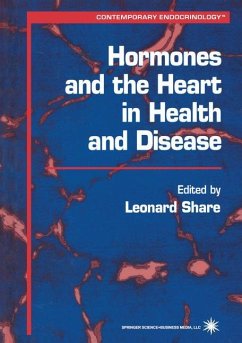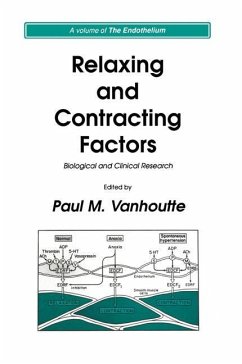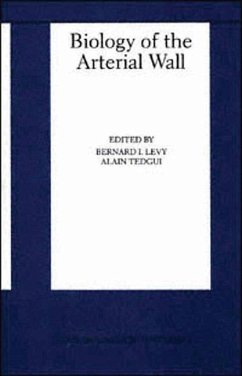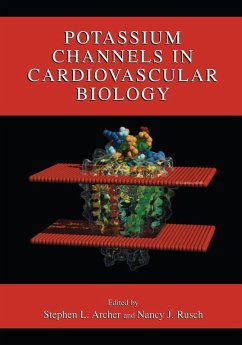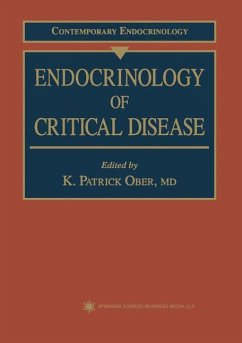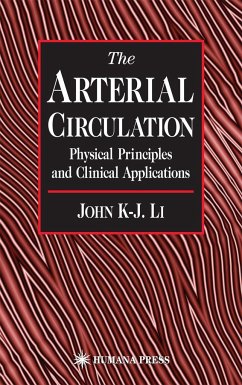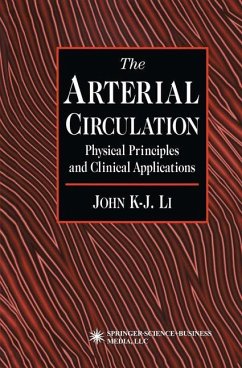
Hormones and the Heart in Health and Disease
Versandkostenfrei!
Versandfertig in 1-2 Wochen
149,99 €
inkl. MwSt.

PAYBACK Punkte
75 °P sammeln!
The maintenance of arterial blood pressure and the distribution of blood flow to the various organs of the body depends on the control of the pumping action of the heart and of the resistance of the vascular beds in the individual organs in accordance with their metabolic needs. These controls are achieved through the integrated actions of circulat ing hormones, humoral factors that are synthesized and released in the heart and blood vessels, and the autonomic nervous system. The heart, however, is not only the target for the direct and indirect actions of a number of hormones and humoral fact...
The maintenance of arterial blood pressure and the distribution of blood flow to the various organs of the body depends on the control of the pumping action of the heart and of the resistance of the vascular beds in the individual organs in accordance with their metabolic needs. These controls are achieved through the integrated actions of circulat ing hormones, humoral factors that are synthesized and released in the heart and blood vessels, and the autonomic nervous system. The heart, however, is not only the target for the direct and indirect actions of a number of hormones and humoral factors, it is also an endocrine organ in the traditional sense, synthesizing and secreting into the circulation chemical factors that act at distant sites. In this treatise, Hormones and the Heart in Health and Disease, we interpret "endocrinology" broadly and consider traditional hormones as well as autocoids that are secreted by the heart or that act on it. In this overview, the relevant chapters are indicated in parentheses. The discovery of atrial natriuretic peptide (ANP; atrial natriuretic factor, ANF) in the 1980s indicated that the heart does indeed function as an endocrine organ in the classic sense. ANP (Chapter I) is synthesized in the heart and secreted into the circulation for actions on the kidney, where it is a potent natriuretic agent, and on the vasculature, where it causes vasodilation. ANP can also affect myocardial contractility.





